Before we got to Japan, we spent three months in India and one month in South Korea. We moved slowly. We improvised. We made barely any reservations for transportation or accommodation. If we missed the bus, we got the next one. Plenty of time, no plan, no worries.
So it was rather ambitious of us to undertake a precision-planned, rail pass-maximizing 7-day itinerary circling Hokkaido. It took almost a whole day of research to put together the itinerary so we thought we would post the details for anyone who wants to do Hokkaido by rail.
We started in Tokyo and our idea was to use the last day of the rail pass to get all the way down to Kyoto from somewhere in Hokkaido.
Day 1 Tokyo -> Hakodate
06:32 AM Shinkansen Hayabusa departing Tokyo*
09:47 AM Arrive to Shin Aomori
10:16 AM Limited Express Super Hakucho departing Shin Aomori
12:22 PM Arrive to Hakodate
Total train time: 5 hour 21 minutes
*Note that the Hayabusa from Tokyo to Hakodate is one of the only trains that you must have a reservation to ride, even with the rail pass.
The afternoon of day 1 can be dedicated to exploring Hakodate. In our case, torrential rains delayed all the trains crossing the Seikan Tunnel by six hours. So instead of gorging ourselves on fresh seafood and enjoying the views from Mount Hakodate, we spent the afternoon sprawled out on the floor of Shin Aomori station eating self-catered cheese sandwiches, arriving to Hakodate at sunset and basically went straight to bed.
Day 2 Hakodate -> Sapporo with side trip to Otaru
08:30 AM Limited Express Super Hokuto departing Hakodate
11:47 AM Arrive to Sapporo
Take any train from Sapporo to Otaru – 40 minutes travel time
17:30 Okhotsk departing Sapporo
22:58 Arrive to Abashiri
Total train time: 10 hours 05 minutes
A couple of hours of the afternoon can be spent exploring Otaru, a lovely little town with a canal running through its middle. We visited Sapporo on day 6 on the way back towards Kyoto, but if you like big cities you can skip Otaru and spend the afternoon in Sapporo.
We didn’t reserve any accommodation in Abashiri because this itinerary arrives very late and leaves quite early. There are several hotels around the train station and we convinced one of them to take pity on us and give us a room for a discounted price just to sleep. The train station closes after the Okhotsk arrives at 23:00, so you can’t sleep in the train station.
Day 3 Abashiri -> Shiretoko National Park
06:41 Local train departing Abashiri
07:22 Arrive to Shiretoko-Shari
08:30 First bus to Shiretoko National Park
09:30 Arrive to Shiretoko National Park
Total train time: 41 minutes
Total bus time: 1 hour
Our visit to Shiretoko National Park was the focal point of our itinerary. We stayed at Iwaobetsu Youth Hostel inside the park because it was the best option without a car at our disposal. In August, you can hitch to the park fairly easily if you’re not in a hurry.
The local train that runs from Abashiri to Kushiro is a cute one-car affair with plenty of windows.
Day 4 Hike Mt. Rausu
No trains – 0 minutes!
Day 5 Shiretoko-Shari -> Kawayu Onsen -> Kushiro
10:41 AM Local train departing Shiretoko-Shari
11:40 AM Arrive to Kawayu Onsen
16:29 PM Local train departing Kawayu Onsen
18:29 PM Arrive to Kushiro
Total train time: 2 hours 59 minutes
Our idea was to grab a free bike at Kawayu Onsen train station to see Lake Mashu and then dig our own bath at the onsen on our way back. After an hour of misinformation and expensive bus rides, we determined that there are no free bikes at Kawayu Onsen. Bikes are included if you buy a 2-day ¥1800 bus pass, which we obviously did not need for a 4-hour stay. And Kawayu Onsen turned out to be a sort of pissy sulfurous rivulet into which it was physically impossible to submerge ourselves.
We hitched to Lake Mashu to try to salvage the day. Lake Mashu is one of the most beautiful lakes in all of Japan. It is “the clearest lake in the world,” filling up the caldera of an active volcano. What we saw was this:
Later, when we told a Japanese friend of ours that we went to Lake Mashu, he said, “Oh, did you see it? Lake Mashu is very hard to see. Ha ha ha.”
Ha ha ha.
We hitched back down to the train station with two hours to spare until the next train. So we did the only thing left to do in such a situation: park ourselves at Ekimae café near the train station for wifi and chocolate cake.
You can take your chances on Lake Mashu or just go straight to Kushiro.
Day 6 Kushiro -> Sapporo -> Hakodate
08:39 AM Limited Express Super Ozora departing Kushiro
12:14 PM Arrive to Sapporo
16:52 Limited Express Super Hokuto departing Sapporo
20:12 Arrive to Hakodate
Total train time: 7 hours 05 minutes
We used our time in Sapporo to visit the Sapporo Beer Museum (It’s free! Go!) and do some shopping at Daiso. The grounds and free museum at Sapporo University are also a pleasant way to spend an hour and are within walking distance of the train station.
We decided to head to Hakodate in the evening, find a hotel without a reservation and sightsee in the morning before making our way towards Kyoto, since we hadn’t been able to visit Hakodate on day 1. When we got to Hakodate, after enquiring at about 25 hotels, we found no vacant rooms (it was the week in August when all of Japan is on vacation) and wound up sleeping on a bench in the train station. We had been told at the Tokyo train station that we couldn’t get on the Hamanasu night train to Tokyo without reservations (which contradicted the information we had seen on the Internet, but the train station is a more official source of information than the Internet) but given our desperate situation, we decided to ask in Hakodate. In Hakodate they said that we could indeed get on the unreserved cars when the train came through at 2:52 in the morning.
Day 7 Hakodate -> Tokyo -> Kyoto
02:52 AM Hamanasu departing Hakodate
05:39 AM Arrive to Aomori
Transfer Aomori to Shin Aomori local train 10 minutes
06:17 AM Shinkansen Hayabusa departing Shin Aomori
09:23 AM Arrive to Tokyo Station
Get any Hikari train from Tokyo to Kyoto, 2 hours 40 minutes travel time
If we had had the right information about the Hamanasu night train, the more logical way to do this is to get the Hamanasu in Sapporo at 22:30 and not go through Hakodate.
Summing up:
We spent a total of 35 hours and 1 minute on trains.
The 7-day rail pass costs 37800¥ (each) and we estimate that the cost of the tickets purchased individually for the above itinerary would have been 95340¥ (each), so we got a ton of value from the rail pass. The only travel that is not covered by the rail pass in this itinerary is the bus to Shiretoko National Park and the bus to Lake Mashu; both can be reached fairly easily by hitchhiking in vacation season.
If you are looking to do a similar itinerary, keep in mind:
1 – you should be the kind of person who enjoys spending hours on a train and who thinks that staring out the train window is part of the trip.
2 – the guidebooks are not lying. It really is much easier to explore Hokkaido by car than by public transportation. If you can afford it, fly into Sapporo and rent a car.
There are other possible itineraries covering less ground if you’re not interested in Shiretoko National Park. Takeshi’s excellent www.jprail.com is a huge help for planning itineraries aside from train guru www.seat61.com. JR Hokkaido has up-to-date schedules in English here: http://www2.jrhokkaido.co.jp/global/index.html. We downloaded all the train schedules that interested us to be able to refer to them offline and re-tool the plan as needed without going through the painful experience of trying to get information in English at the train stations.
Speeding up intensified our experience. We can’t remember what we did every day in India, but we remember almost every minute of our 7 days in Hokkaido.

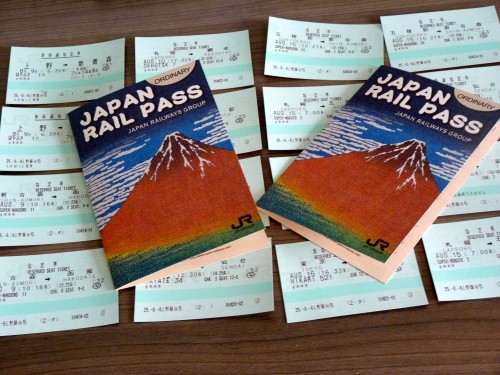
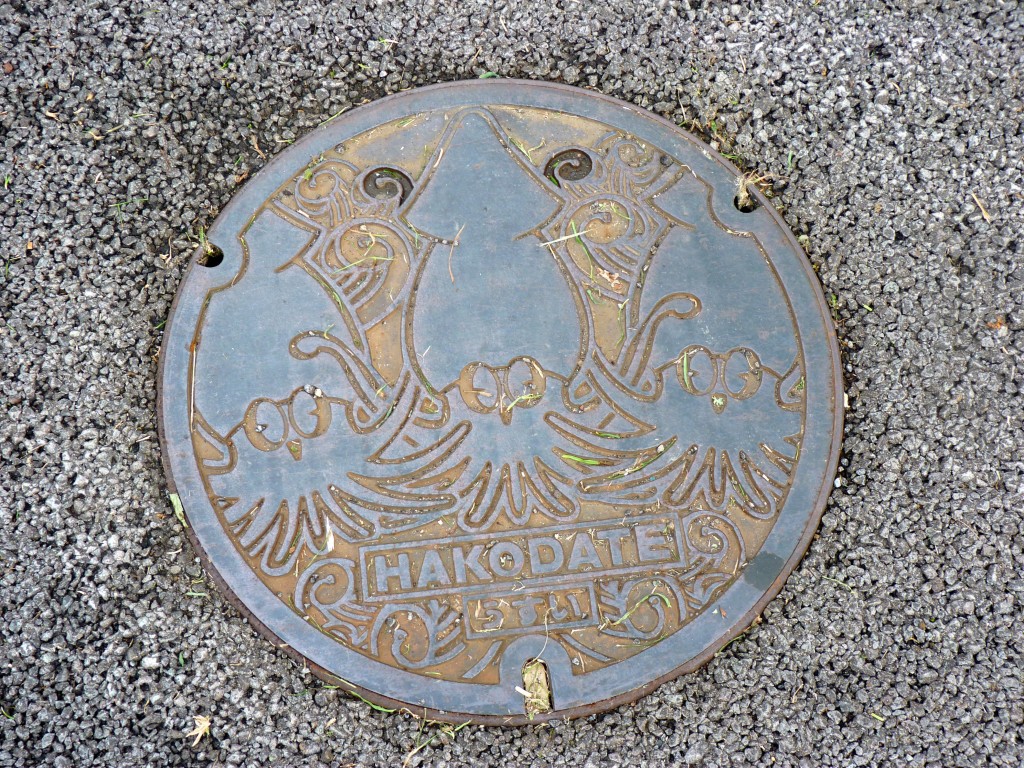
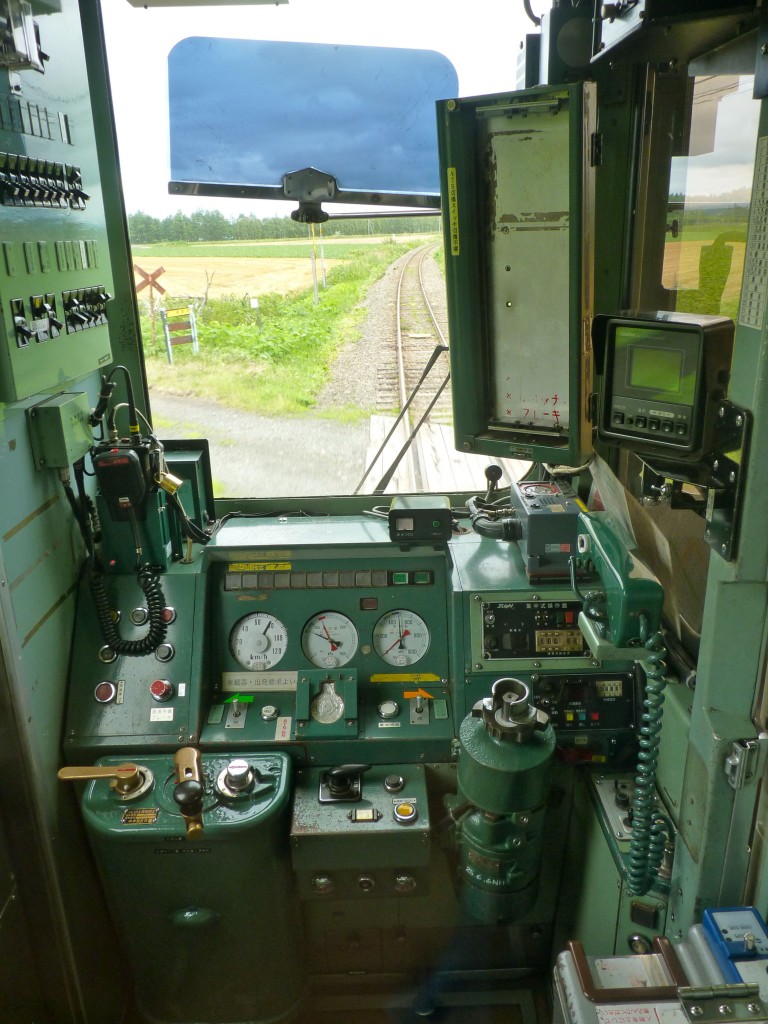
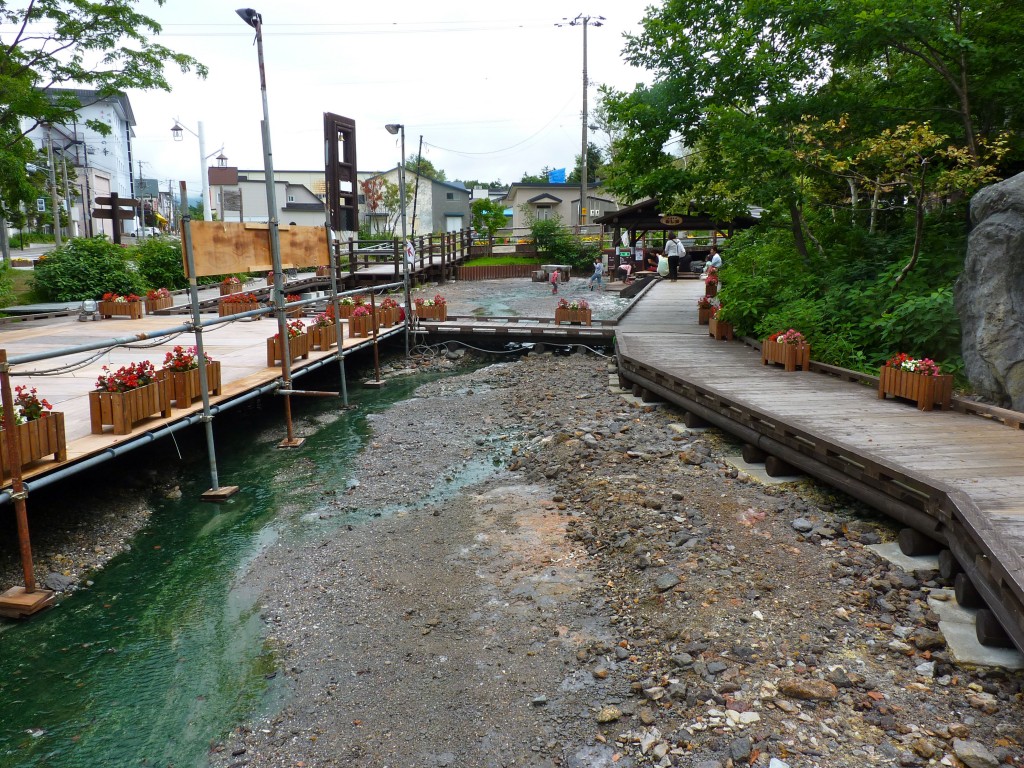
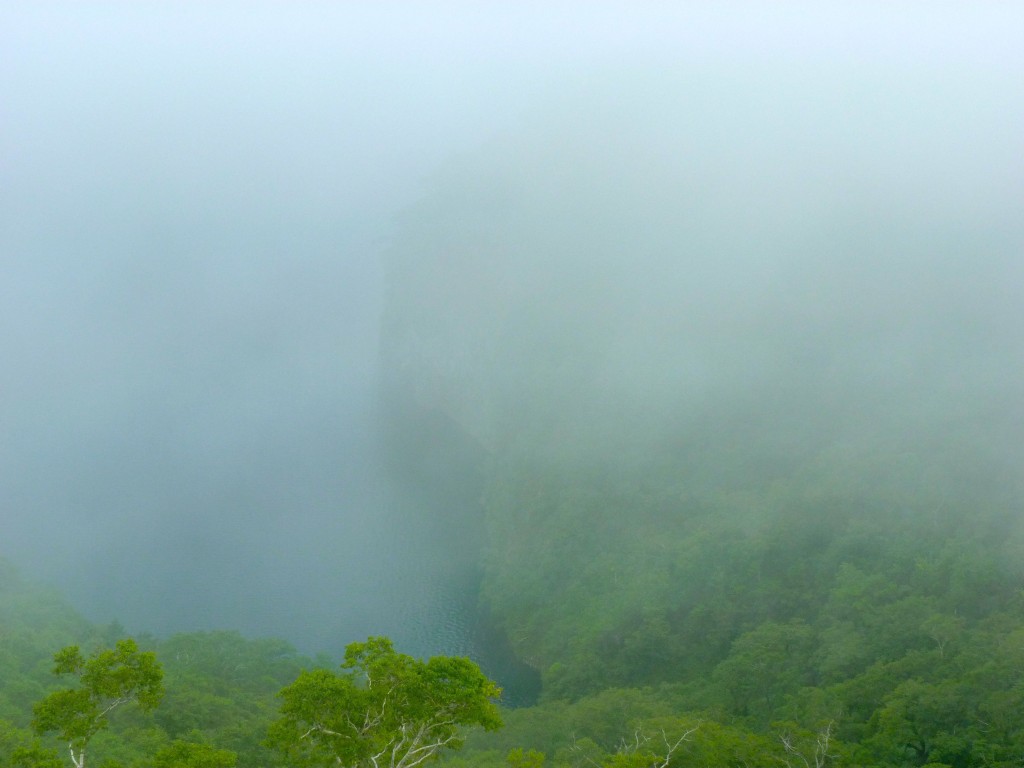
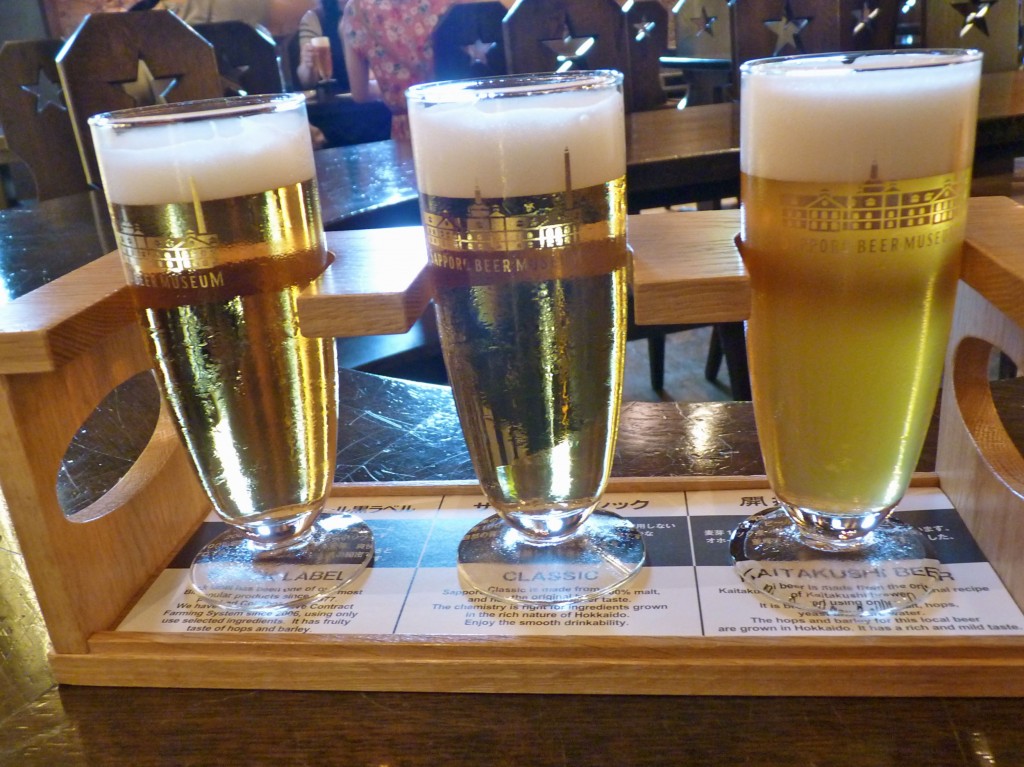

7 comments
Great tips! I’ve been to Japan a number of times since living there as an exchange student long ago, but haven’t made it to Hokkaido yet! Can’t wait to finally get there one day. Last time we were in Japan, we had the Japan rail pass, and made the most of it. We really felt pressure to be “on the move” in order to get our money’s worth, but it was a great way to cover a lot of ground.
Thanks for stopping by Tamara! The rail pass is a great deal but it definitely put a lot of pressure on us. We met a couple who only took a few trains and used the rail pass on the JR system in Tokyo, just enough for the rail pass to be worth it, and they seemed a lot more relaxed than us!
Hi, just curious whether the 7days rail must be use consecutively or it will be counted for the day you use it. Eg: if you want to use the rail in the odd number of days then the even number will also be counted as a day even if you are not using the rail service?
Hi Chloe, the Japan rail pass counts for consecutive days. You have from the day you activate it until midnight on the 7th day to take all the trains you can
nicely written I laughed a lot while reading it.. haha..
I laughed a lot while reading it.. haha..
I am originally from India staying in Japan for more than a year now. and planning to go to Hokkaido and specially Shiretoko in the spring season.. your writeup will help me.
thanks!
Hi, I know this post is from 2013. However we are planning a trip this spring 2019!
Question – if we were to stay in a hostel in Sapporo, is it easy to get around to all the other towns by the JR train? I was hoping we could do day trips from Sapporo. I’m having a hard time finding lodging in the surrounding towns!
Thanks for your help!
Hi, It depends where you’re going. The only day trip we did from Sapporo was to Otaru. I don’t know anything about connections to other places. Hakodate is definitely too far to go and come back in one day.